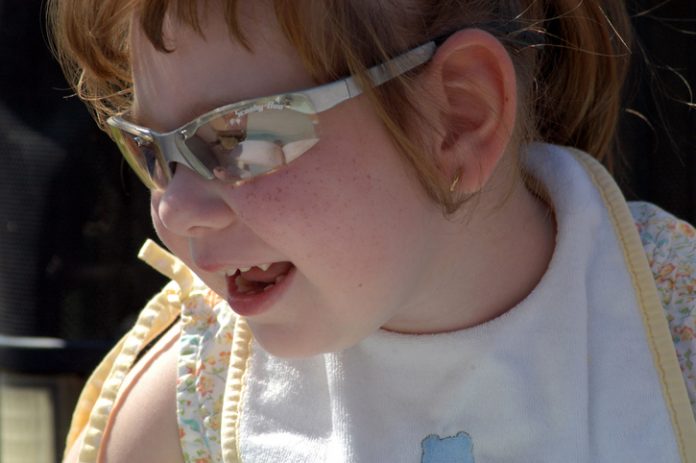
Scientists from CHU Sainte-Justine, the Université de Montréal, and the Institut Pasteur in France say they developed a model that can predict the effect of a genetic variant on a person's cognitive traits. The discovery opens the way to better care for children at risk of developing neurodevelopmental disorders from a young age, note the researchers.
The team published its study (“Measuring and Estimating the Effect Sizes of Copy Number Variants on General Intelligence in Community-Based Samples”) in JAMA Psychiatry.
“…we studied deletions that are losses of genomic fragments and that can lead to the loss of one or more genes. Deletions can result in an alteration of the person's cognitive development,” stated Guillaume Huguet, Ph.D., co-lead author of the study. “In practical terms, our model estimates the number of lost intellectual quotient (IQ) points induced by a deletion, wherever its location, in the patient's genome. It relies on the fact that each gene defines a piece of biological information. When a gene is modified, its biological function risks being affected. If that function is related to cognition, the patient is exposed to a risk of having a neurodevelopmental disorder. Furthermore, these effects are cumulative, leading to an increased risk.”
To reach these conclusions, the research team worked on two cohorts of the general population, with a total of 2711 people. Initially, they identified variations (deletions and duplications) in the number of copies of genes in the subjects' DNA. The research team explored the intrinsic characteristics of each deletion, such as the size, the number of genes lost, or the haploinsufficiency score, i.e., the organism's intolerance for losing a copy of the gene and the resulting alteration of its biological function. The team then classified the results based on their predictive power, defining the genetic information that best characterizes the impact of deletion on the IQ.
To ascertain the relevance of the model, the researchers tested it against recurring deletions with a well-known impact on IQ. The rate of agreement between the observations in the literature and the model was 75%.
“We should point out that our model cannot predict the IQ of an individual, but rather the loss of IQ points associated with the presence of a deletion in the genome. If the mutation has a significant effect and is consistent with the cognitive impairment of the patient, we can consider that this mutation represents a major diagnostic factor in the patient,” explained Sébastien Jacquemont, M.D., a clinician-scientist at CHU Sainte-Justine and a professor in the department of pediatrics at the Université de Montréal.
“In short, in every statistical analysis, there is a percentage of uncertainty surrounding the results. To mitigate this, you have to take into account not only the predicted value, but the confidence associated with that value,” said Catherine Schramm, Ph.D., co-lead author of the study.
This discovery provides a new method for the study of mutations whose rarity does not make it possible to use conventional approaches. It paves the way to better clinical care for children at risk of developing a neurodevelopmental disorder.
“Our model will help clinicians estimate the cognitive impact of rare and undocumented genetic variants. This information will allow appropriate care to be put in place to try to compensate for the impact of these deleterious variants,” concluded Thomas Bourgeron, Ph.D., professor at the Université Paris-Diderot and researcher at the Institut Pasteur, France.
The team is exploring other behavioral phenotypes using this approach.











